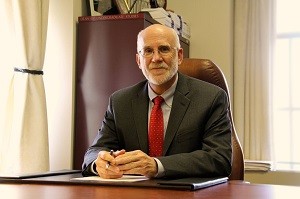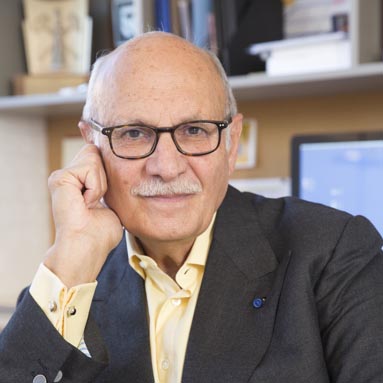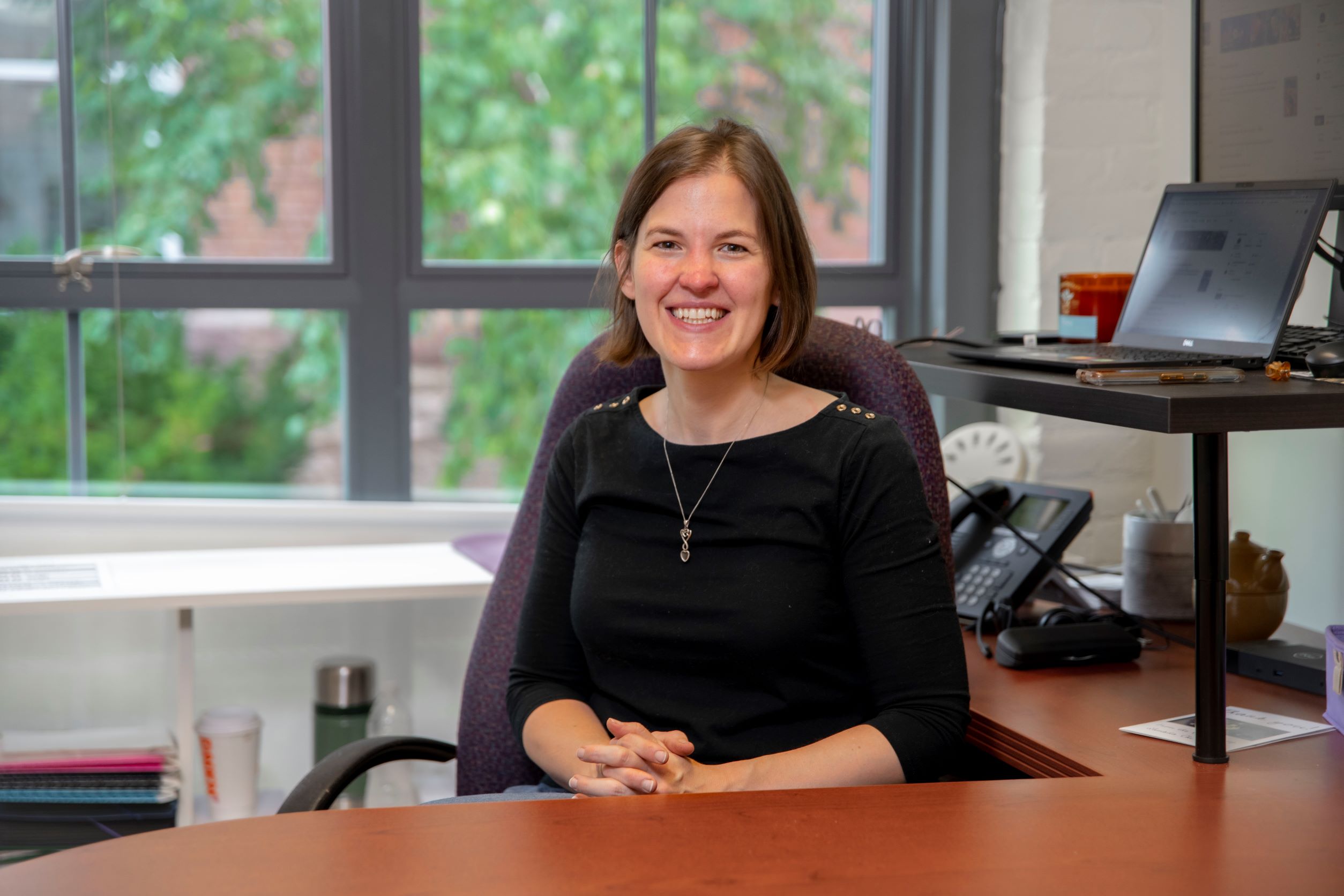
Art Heinricher
The National Academy of Engineering (NAE) has recognized WPI with the 2016 Bernard M. Gordon Prize for Innovation in Engineering and Technology Education for the WPI Plan, the university’s revolutionary project‐based approach to education. The honor includes a $500,000 award, half of which will go to the university to support the continued development, refinement, and dissemination of the Plan.
The four faculty leaders who continued the development and growth of the WPI Plan will receive the other half. They are Diran Apelian, Alcoa‐Howmet Professor of Mechanical Engineering; Art Heinricher, dean of undergraduate studies; Rick Vaz, dean of the Interdisciplinary and Global Studies Division; and Kris Wobbe, associate dean of undergraduate studies.
The Gordon Prize is one of the highest awards an academic can receive, says Heinricher. The honor recognizes and supports programs that develop effective engineering leaders, people who “cannot only solve hard problems, but also lead and build teams,” which is a key to innovation, he says.

Gordon Prize Winners
But the prize also presents “an opportunity and a promise to start disseminating the Plan, and what we’ve learned, in a way we have never done before,” Heinricher says, including expanding programs for the Center for Project-based Learning, one of nine initiatives under the university’s Strategic Plan umbrella.
One way the prize will help grow the Center will be to support the Institute on Project-based Learning, launched last year at WPI. The Institute attracts teams of faculty from other colleges and universities to WPI to learn how to incorporate project‐based learning and real‐world problem solving into their programs. Heinricher says part of the Gordon Prize will help expand future Institutes, allowing schools that otherwise could not afford to attend to do so. The prize will also enable WPI faculty to engage in outreach, delivering workshops and seminars on other campuses.
Heinricher says winning the Gordon Prize for the Plan now, after 45 years—and the demand for WPI programs like the Institute on Project-Based Learning—shows that academia is ready to embrace the project‐based approach to engineering education.
“I think we got the award now, not because we finally deserved it, but because the rest of the engineering community finally understands our program,” he says. A lot of universities are trying to figure out what their programs should look like in a world where online classes and other technological advances in learning exist, he says. And people who run engineering programs are realizing it’s not what courses students have seen, but what you can do with that information, that matters, he adds.
“We were always different [from other Gordon Prize nominees] because we were nominating an entire university, not just a particular program,” Heinricher continues. “One of things I think makes WPI really special is that we’ve had this amazing program that started 45 years ago, and has been sustained by faculty for 45 years.” WPI’s faculty have never stopped innovating, developing and expanding the Global Projects Program and a newer initiative, the Great Problems Seminars, he adds.
Heinricher says receiving the Gordon Prize now is bittersweet, because the person considered the father of the WPI Plan, Bill Grogan ’46, is not here to see it. Grogan, dean emeritus of undergraduate studies, died in May 2015.
“However, with the award, WPI can continue to build on what Grogan and others started 45 years ago. We have been very content sitting on a hill in Worcester, doing cool stuff,” he says. “But now we are challenged to take [the Plan] to the next level—whatever that level might be.”
– BY CATE PRATO





